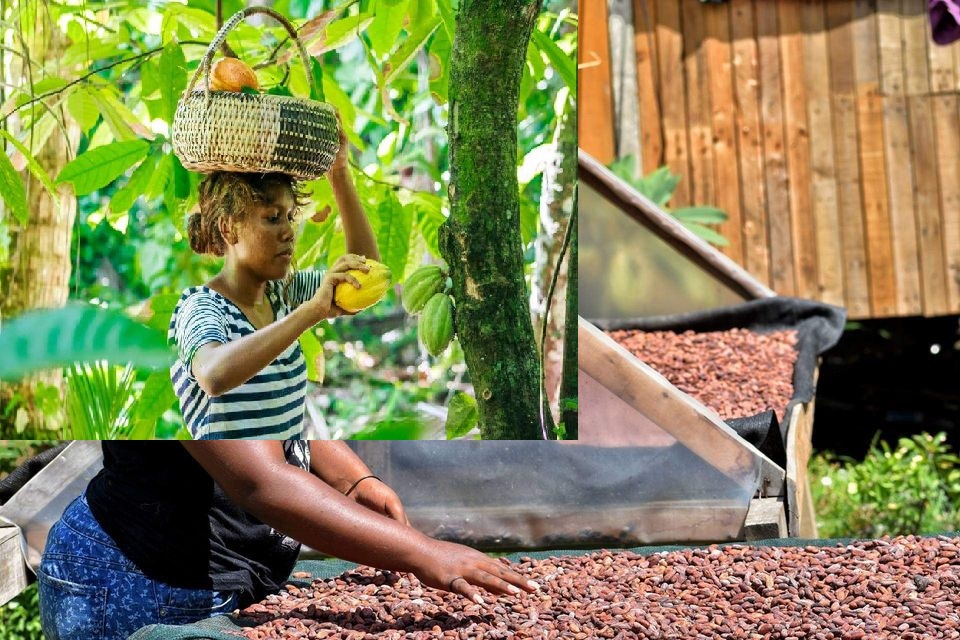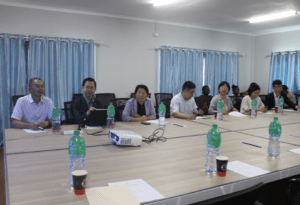BY ALEX DADAMU
THE COVID situation has presented us with opportunities to do something different and substantial. The government response in Agriculture Sector should take a comprehensive overview that includes research and development and marketing of the products.
Leader of the Parliamentary opposition Hon. Matthew Wale stated in parliament this week that Market research is very important to determine the level of processing required that commands the best prices to maximize the returns to our economy.
“It is time we lift our game. It is irresponsible to encourage our people to plant crops for which there are no markets or perishable crops that require further processing that is not possible in-country.
“There is no doubt that our people are eager to engage in commercial agriculture. However, the crops they plant must be the right varieties that will sell for a reasonable price.
“Quality is the critical determining factor in marketing, and it needs to be factored in right at the initial stages of crop farming,” Hon Wale said.
The opposition leader went on to suggest that the government first determine which of the commercial crops fetch the best returns comparative to the length of time required to farm them, and have existing markets which we can penetrate.
“It is possible through a cocktail of government investment, fiscal incentives, and private investment to target the planting of 20,000 hectares of noni, 20,000 hectares of the right variety of kava, 20,000 hectares of pawpaw, 20,000 hectares of cassava, 20,000 hectares of taro, 20,000 hectares of pineapple, 20,000 hectares of ginger, 20,000 hectares of the right variety of chilies, and so forth – the 2020 plan! Market research should determine what processing needs to be done in-country.
“Our bilateral agreements must target securing markets. Such a focused program would require at least a billion dollars by the government over two years beginning this year.
“This will create employment for most Solomon Islanders in their lands and result in economic opportunities that are more likely to spread economic growth equitably across our population and society,” Hon. Matthew Wale said.
It is understood that in this 2020 Supplementary Bill, reallocations to agriculture are in recurrent CW 150k; Variations in the appropriation of an additional 20.3m increasing the ministry recurrent budget to $53 million from 32m in the original estimates. Including the additional 70m under the ESP, this increases allocations to the agriculture sector to 146.25m, a net increase of 90.45m or 35%.




